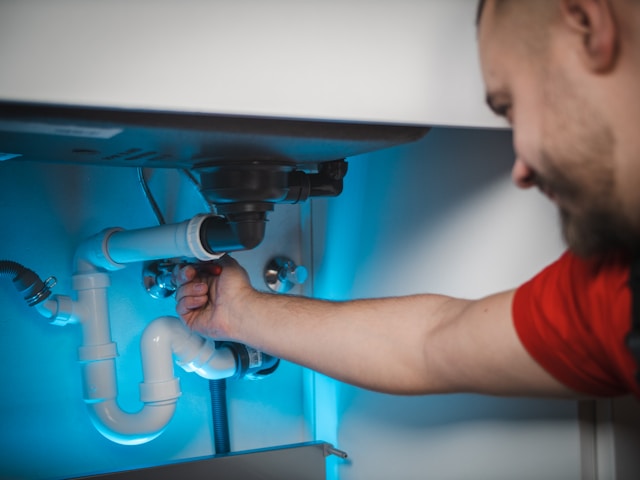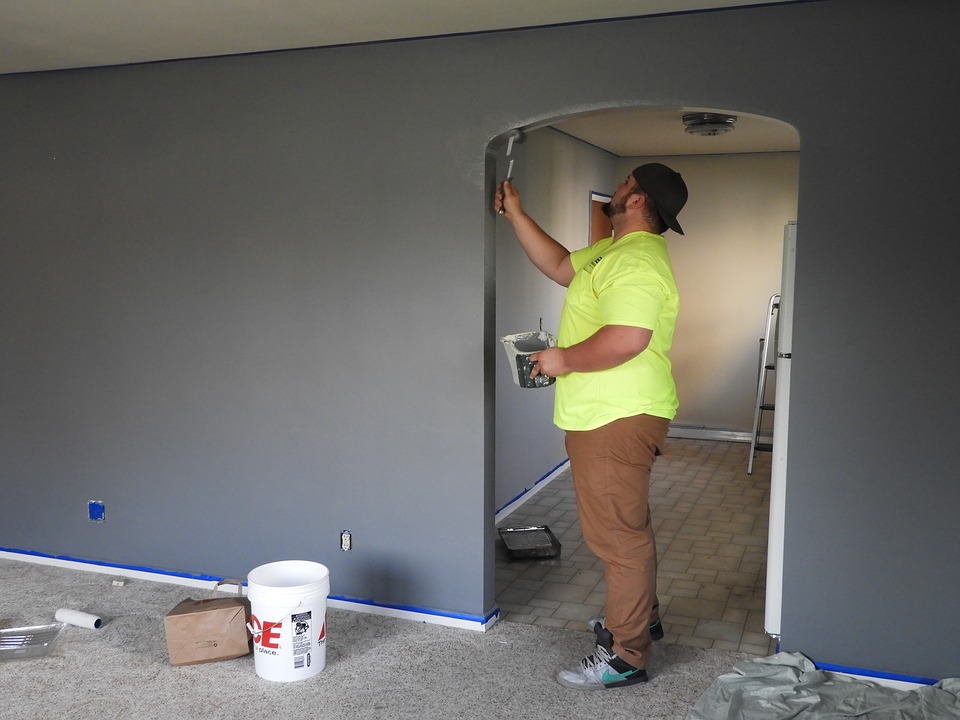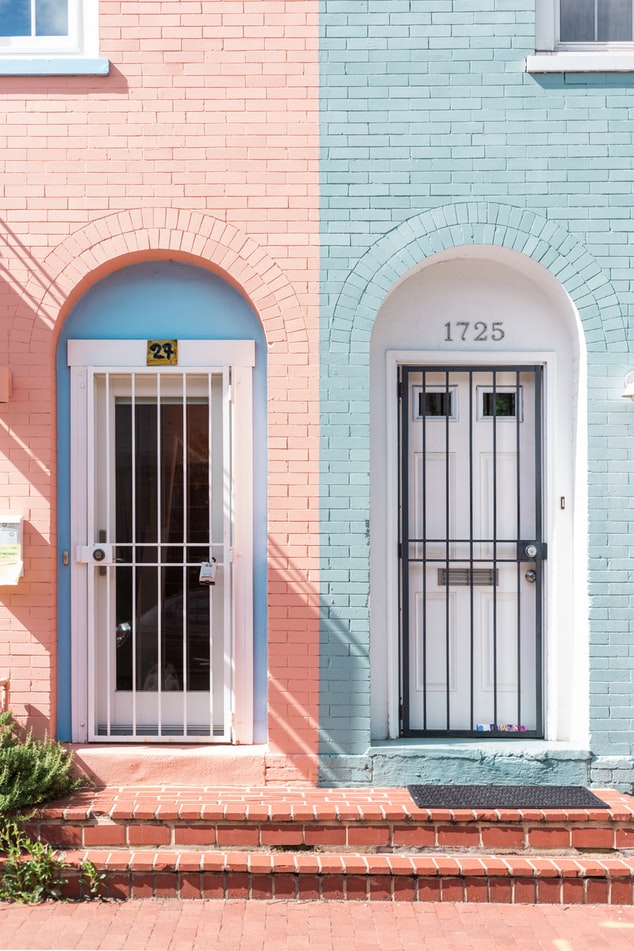Maintaining the plumbing system in your home is crucial for a comfortable living environment. Plumbing issues can range from minor inconveniences to major disasters, and knowing when to tackle these problems yourself versus when to call a professional plumber can save you both time and money. This guide will help you understand the difference and make informed decisions about your home’s plumbing needs.
Understanding Your Plumbing System
Your home’s plumbing system is complex, involving a network of pipes, valves, and fixtures that work together to provide water supply and drainage. Understanding the basics of this system is the first step in determining whether a problem is within your capability to fix or requires professional intervention. Simple issues like a clogged drain or a leaky faucet might be within the scope of a DIY enthusiast, but more complex problems such as broken pipes or sewer line issues typically require a professional’s expertise.
Common DIY Plumbing Fixes
There are several plumbing problems that most homeowners can handle on their own with basic tools and a little know-how. For instance, unclogging a drain is a common issue that can often be resolved with a plunger, a drain snake, or a chemical drain cleaner. Similarly, fixing a leaky faucet can usually be done by replacing worn-out washers or seals.
Replacing a showerhead or tightening a loose pipe connection are other examples of tasks that don’t require specialized knowledge or tools. These types of repairs can often be completed quickly and inexpensively, making them ideal candidates for DIY projects. Additionally, taking care of these minor issues promptly can prevent them from becoming bigger problems down the line.
When to Call a Plumber
While some plumbing issues can be handled by the average homeowner, there are certain situations where it’s best to call in a professional. One clear indicator is the complexity of the problem. If you’re dealing with a major leak, a burst pipe, or issues with your water heater, it’s time to call a plumber for the repairs. These problems can cause significant damage to your home if not addressed correctly and promptly.
Another reason to call a plumber is if the problem persists despite your efforts to fix it. For example, if you’ve tried unclogging a drain several times with no success, the blockage might be deeper in the plumbing system and require professional equipment to remove. Similarly, if a faucet continues to leak after you’ve replaced the washers and seals, there might be an underlying issue that needs expert attention.
Plumbers are also necessary for more extensive projects, such as bathroom remodels or installing new plumbing fixtures. These tasks often require a deep understanding of plumbing codes and standards to ensure that everything is installed correctly and safely. Attempting these projects without the necessary knowledge can result in costly mistakes and even pose safety risks.
The Risks of DIY Plumbing
While DIY plumbing can save money, it also comes with risks. Improperly performed repairs can lead to water damage, mold growth, and other serious issues that can compromise the integrity of your home. For instance, a small leak that is not fixed correctly can eventually cause significant water damage to floors, walls, and ceilings. Water damage can be costly to repair and may require extensive renovations to address.
Moreover, working with plumbing involves dealing with water pressure and sometimes hazardous materials. Mistakes can result in injuries or exacerbate the problem. For example, attempting to fix a water heater without the proper knowledge can lead to burns, gas leaks, or even explosions. Additionally, mishandling sewer lines can expose you to harmful bacteria and pathogens.
Calling a professional plumber not only ensures that the job is done correctly but also provides peace of mind. Plumbers have the training and experience to diagnose and fix problems quickly and efficiently. They also have access to specialized tools and equipment that may not be available to the average homeowner.
Cost Considerations
Cost is often a significant factor in deciding whether to tackle a plumbing problem yourself or hire a professional. DIY repairs can be more affordable in the short term, but they come with the risk of mistakes that can lead to more expensive repairs later. For instance, using the wrong tools or materials can cause damage to your plumbing system, requiring costly repairs or replacements.
Professional plumbers typically charge for their time and expertise, but their work is usually guaranteed. This means that if something goes wrong after the repair, they will come back to fix it at no additional cost. Additionally, many plumbing companies offer warranties on their work, providing further protection and assurance.
The Importance of Regular Maintenance
One of the best ways to avoid plumbing problems is through regular maintenance. Simple tasks like inspecting pipes for leaks, checking for signs of corrosion, and ensuring that drains are clear can prevent many common issues. Regular maintenance can also help identify potential problems before they become serious, allowing you to address them proactively.
Hiring a plumber for an annual inspection can be a worthwhile investment. During an inspection, a plumber can check the condition of your plumbing system, identify any issues, and make recommendations for repairs or upgrades. This can help extend the life of your plumbing system and prevent costly repairs down the line.
Conclusion
Understanding when to tackle plumbing problems yourself and when to call a professional is essential for maintaining your home’s plumbing system. While some issues can be handled with basic tools and knowledge, more complex problems require the expertise of a professional plumber. By recognizing the signs of serious plumbing issues and seeking professional help when needed, you can protect your home from damage and ensure that your plumbing system functions efficiently.
Regular maintenance is also crucial for preventing problems and keeping your plumbing system in good condition. Whether you choose to perform maintenance tasks yourself or hire a professional, staying proactive can save you time, money, and stress in the long run. Ultimately, knowing your limits and seeking professional help when necessary is the key to maintaining a safe and reliable plumbing system in your home.



